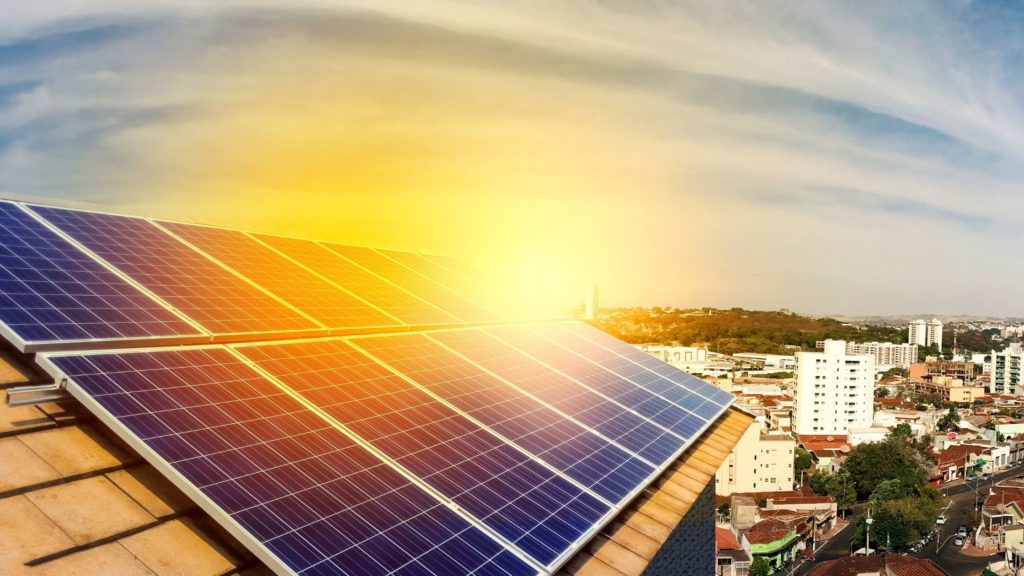Green Electricity Plans Singapore | Best Green Electricity Retailers Singapore
Budgeting
 by Priyadarshini
5 July 2022
by Priyadarshini
5 July 2022
Electricity is often generated by the combustion of fossil fuels (i.e. oil and gas). This process emits a slew of harmful chemicals and greenhouse gases, most notably carbon dioxide, which is generally blamed for global warming. Furthermore, fossil fuels are non-renewable natural resources, which means they will be depleted at some point in the future. In this blog, we tell you about green electricity plans in Singapore.
Green electricity is a catch-all term for less-dreadful alternatives. However, in Singapore, it is available in two forms: clean (typically solar) energy and carbon-neutral electricity. Green electricity is synonymous with clean energy, which is electricity generated from renewable, non-polluting resources such as sunshine or wind. Consider solar panels.
Green Electricity Plans in Singapore
Green ELectricity Retailers
There are six retailers on the market that offer green (to varying degrees) electrical options: Geneco, Keppel Electric, Pacific Light Energy, Sembcorp, Senoko, and Sunseap. Read about a few of them below:
Geneco Power Eco
Geneco is one of Singapore’s most popular power wholesalers, and it used to provide two types of green electricity plans in 2019: ‘Get It Green’ and ‘Get Sunny’. These carbon-neutral and solar-powered electricity plans, however, have subsequently been phased away. They have been replaced with a la carte add-ons that existing Geneco customers can purchase. When you buy the Geneco Power Eco Add-On (Carbon Credits), you’re simply giving Geneco $1 to $4 each month in exchange for them helping you offset your carbon footprint. Geneco will acquire carbon credits with the money you give them to fund sustainability projects like forestry, “updating power plants and manufacturing, or boosting the energy efficiency of buildings and transportation.”
Renewable Energy Certifications are another add-on in which your money will be used to purchase Renewable Energy Certifications (RECs) – essentially certificates that certify the electricity you used came from a renewable source. RECs are also frequently traded like stocks, with investors profiting from price disparities between buy and sale.
Senoko
Senoko provides a 100 percent green electricity plan, LifeGreen24, which is filled with marketing jargon. For the uninitiated, landing on Senoko’s website and seeing that it is both 100 percent carbon neutral and 100 percent solar energy is perplexing. Can you, meh?
The acquisition of Renewable Energy Certificates (RECs) from solar power farms in Southeast Asia is the basis of Senoko’s LifeGreen24. As a result, LifeGreen24 is a carbon-neutral electricity plan that promotes solar energy farms through RECs. Every August, you will receive a report detailing the RECs that have been retired on your behalf.
Sunseap Solar Energy
Sunseap is the only power retailer on this list that is solely focused on solar energy, so if you want to support a firm that is working in the field of clean energy, this is your best chance. Signing up for a 100 percent solar plan is obviously more expensive, but if you live in a reasonably modest home, the price difference is not that significant, possibly a few dollars extra every month.
Sunseap provides a 100 percent solar plan at $0.4494/kWh, making it Singapore’s most costly green electricity plan. Sunseap, on the other hand, has been fully committed to its solar energy initiatives from the beginning and is also the most transparent in explaining how its solar programs function.
Sembcorp Power’s ELectricity
All of Sembcorp Power’s electricity programs are labelled as “greener.” Sembcorp’s fixed-rate, discount off tariff, and no contract power plans all include a tiny amount of “green electricity.” Sembcorp provides a simple Sunshine Plan, which is a metered 100 percent solar energy electricity plan at $0.3388/kWh for a 12-month period. This is substantially more expensive than the standard Sembcorp fixed-rate contracts, which cost $0.2988/kWh.
There are two types of “green” electricity programs in Singapore: carbon neutral and solar energy. The former involves incorporating carbon offset certificates into your power plan, whilst the latter typically implies an investment in developing and implementing solar energy installations. Choosing a solar energy plan has a higher environmental impact, in my opinion, especially if the merchant is funneling the earnings directly into their own clean energy business. It is, however, more expensive.
Insurance | Credit Cards | Loans | Banking |




